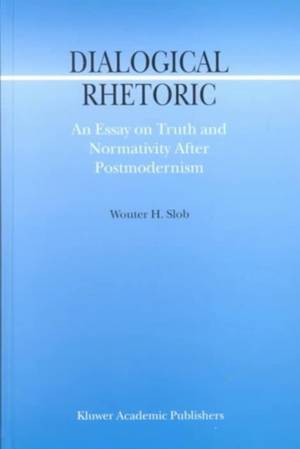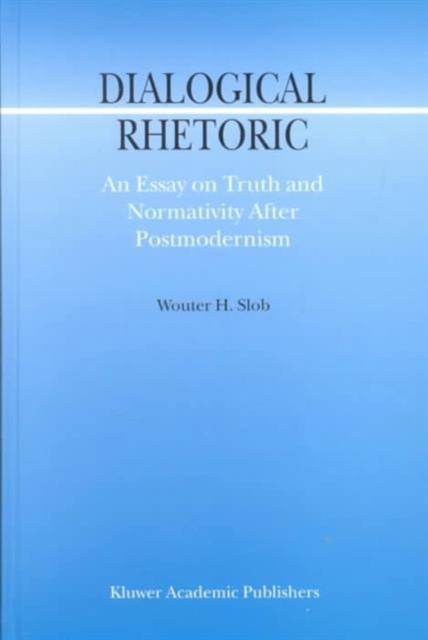
Je cadeautjes zeker op tijd in huis hebben voor de feestdagen? Kom langs in onze winkels en vind het perfecte geschenk!
- Afhalen na 1 uur in een winkel met voorraad
- Gratis thuislevering in België vanaf € 30
- Ruim aanbod met 7 miljoen producten
Je cadeautjes zeker op tijd in huis hebben voor de feestdagen? Kom langs in onze winkels en vind het perfecte geschenk!
- Afhalen na 1 uur in een winkel met voorraad
- Gratis thuislevering in België vanaf € 30
- Ruim aanbod met 7 miljoen producten
Zoeken
€ 100,95
+ 201 punten
Uitvoering
Omschrijving
Contemporary developments in philosophy have declared truth as such troublesome, and not merely gaining access to it. In a systematic survey this study investigates what is at stake when truth is given up. A historical overview shows how the current problem of truth came about, and suggests ways to overcome rather than to repair the problem.
A key issue resulting from the loss of truth is the lack of normativity. Truth provided an alternative understanding of normativity. Elaborating on the `dialectical shift' in logic, a dialogico-rhetorical understanding of normativity is presented. Rather than requiring truth, agreement, or rationality, dialogico-rhetorical normativity is the result of a balance of particular standards. This type of normativity is shaped within discussions - by advancing and accepting arguments - and is not located in sets of predetermined rules. The result is a `small' but strong form of normativity.
If this understanding of normativity is viable, one of the central problems of contemporary philosophy, the problem of incommensurability, can be seen in a different light. As a result, truth reappears again. Surviving the postmodern criticisms, it is a matter of accountability rather than of description.
A key issue resulting from the loss of truth is the lack of normativity. Truth provided an alternative understanding of normativity. Elaborating on the `dialectical shift' in logic, a dialogico-rhetorical understanding of normativity is presented. Rather than requiring truth, agreement, or rationality, dialogico-rhetorical normativity is the result of a balance of particular standards. This type of normativity is shaped within discussions - by advancing and accepting arguments - and is not located in sets of predetermined rules. The result is a `small' but strong form of normativity.
If this understanding of normativity is viable, one of the central problems of contemporary philosophy, the problem of incommensurability, can be seen in a different light. As a result, truth reappears again. Surviving the postmodern criticisms, it is a matter of accountability rather than of description.
Specificaties
Betrokkenen
- Auteur(s):
- Uitgeverij:
Inhoud
- Aantal bladzijden:
- 224
- Taal:
- Engels
- Reeks:
- Reeksnummer:
- nr. 7
Eigenschappen
- Productcode (EAN):
- 9781402009082
- Verschijningsdatum:
- 31/10/2002
- Uitvoering:
- Hardcover
- Formaat:
- Genaaid
- Afmetingen:
- 167 mm x 246 mm
- Gewicht:
- 517 g

Alleen bij Standaard Boekhandel
+ 201 punten op je klantenkaart van Standaard Boekhandel
Beoordelingen
We publiceren alleen reviews die voldoen aan de voorwaarden voor reviews. Bekijk onze voorwaarden voor reviews.









